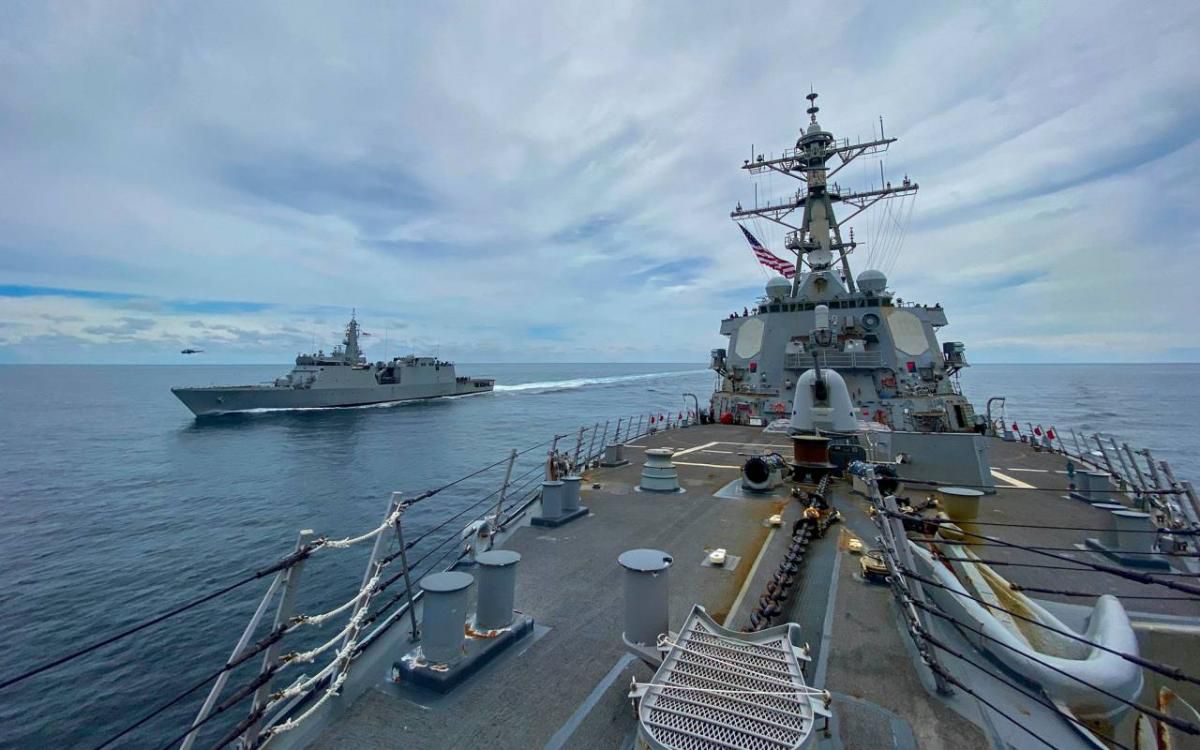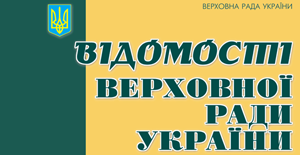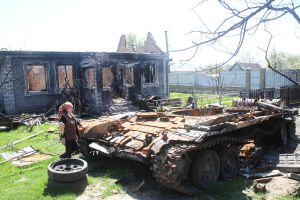In the photo: American warships in the Black Sea.
The United States, the European Union and NATO have responded quickly to reports about the concentration of Russian troops along the border with Ukraine.
The escalation of military confrontation in eastern Ukraine began in early March. During the first spring month, there was not a single day without a ceasefire violation. Twenty-six soldiers have been killed in Donbas since the beginning of this year.
Never since signing the peace agreements, the situation in Donbas has been so highly explosive. The world community is especially concerned about Russia’s increasing military presence on the Ukrainian border.
“Russia now has more troops on the border with Ukraine than at any time since 2014. Five Ukrainian soldiers have been killed this week alone. These are all deeply concerning signs”, said White House Press Secretary Jen Psaki. According to her, the United States is discussing with NATO allies this increase in tensions, ceasefire violations as well as regional tensions.
This announcement of the White House is one of many similar statements made by officials of Western countries about the current situation around Ukraine.
Besides, the European Command has raised the American military’s watch level from “possible crisis” to “potential imminent crisis” (the highest level). Recently, U.S. President Biden, Prime Minister of Great Britain Boris Johnson and NATO Secretary-General Jens Stoltenberg called Ukrainian President Volodymyr Zelenskyy to express their support.
President of France Emmanuel Macron and Chancellor of Germany Angela Merkel raised the topic of Ukraine during their video conversation with Russian leader Vladimir Putin. The U.S. Joint Chiefs of Staff General Mark Milley discussed the current Ukrainian situation during a phone call with General Valery Gerasimov, the head of Russia’s military general staff.
According to Western media reports, American and British scout aircraft fly over Ukraine and the Black Sea near the Crimean peninsula gathering information and giving Kyiv signals of support. On April 8, Angela Merkel again spoke with Vladimir Putin about a necessity to stop the military build-up on the border with Ukraine.
At the same time, Russia claims that its troops threaten to no one, that they just conduct military exercises. Moscow insists that it is Kyiv that is preparing for an offensive in Donbas and the Kremlin “will have to defend their citizens living in Donbas”.
The West does not believe Russian accusations and continues to express their support for Ukraine. On April 9, U.S. Secretary of State Antony Blinken had phone conversations with his French and German counterparts. They discussed the increasing military presence of Russia on Ukraine’s border and in the illegally-annexed Ukrainian Crimea as well as Russian provocations in the areas of eastern Ukraine that are not controlled by the Ukrainian government and the aggressive Russian rhetoric.
During their phone conversations, U.S. Secretary of State Antony Blinken, Foreign Minister of France Jean-Yves Le Drian and Federal Minister for Foreign Affairs of Germany Heiko Maas stressed a necessity for NATO allies to step up the scope of consultations in the face of the increasing escalation of Russian aggression in eastern Ukraine. According to U.S. State Department Spokesperson Ned Price, the ministers emphasized the importance of the continuous support for Ukraine in its effort to resist provocations in the east of Ukraine, in Crimea and along the Ukrainian border. They called for Russia to immediately stop its military buildup and the rhetoric of aggression.
A day before, Foreign Secretary of Great Britain Dominic Raab and U.S. Secretary of State Antony Blinken confirmed their commitment to support Ukraine amidst Russian provocations. They condemned the Russian campaign to destabilize the situation.
Dominic Raab made a statement on the actions of the Russian Federation on the destabilization of Ukraine:
′′The United Kingdom and the United States strongly oppose the Russian campaign to destabilize Ukraine. Secretary of State Blinken and I agree that Russia must immediately deescalate the situation and fulfill the international commitments it has made at the OSCE level”.
Political analysts maintain that the visits of the U.S. Secretary and State and the U.S. Defense Secretary to Brussels to be held this week will testify to the pro-Ukrainian position of the West. According to the News Agency Bloomberg, they will have meetings with their partners from the North-Atlantic Alliance. Russia’s build-up of troops on the border with Ukraine will be one of the main topics of their discussions.
Besides, the United States has already sent its warships to the Black Sea in response to the increasing military presence of Russia along the Ukrainian border. The decision to have more ships in that region will serve as a special signal to the Kremlin that the United States is watching closely what’s going on in eastern Ukraine.
On April 12, the European People’s Party, the largest political group in the European Parliament, made a statement warning President Putin about consequences of the use of force against Ukraine. “We have to say loudly and clearly: hands off Ukraine, Mister Putin. Any use of force will have consequences. The EU countries should be ready to impose a new package of sanctions in order to stop Moscow”, said the Party’s announcement.
Foreign Ministry of Ukraine Spokesperson Oleh Nikolenko said, “Ukraine has received a powerful signal of solidarity from its international partners. Ever more countries begin expressing their support for its territorial integrity and sovereignty in the face of Russia’s attempts to destabilize the security situation”.
The newspaper Voice of Ukraine










